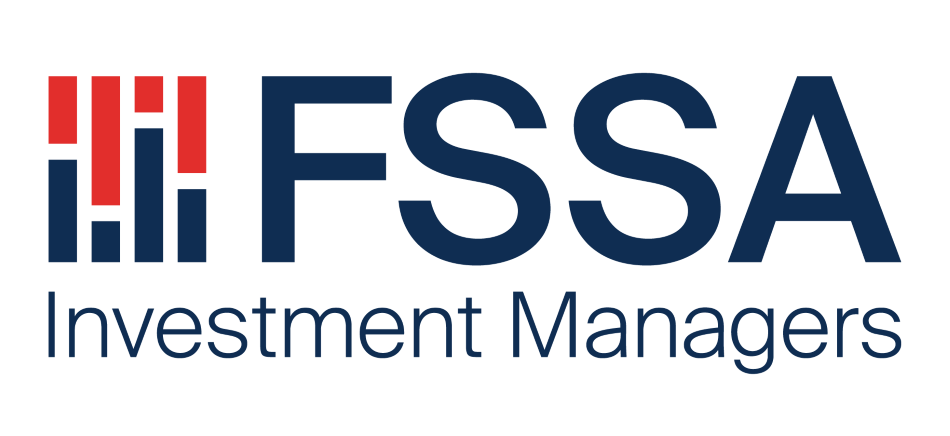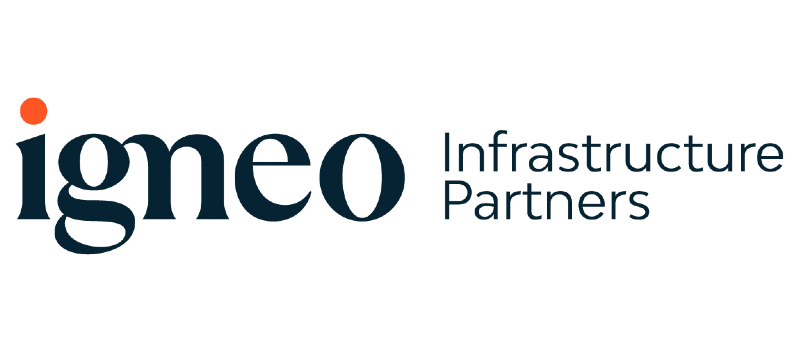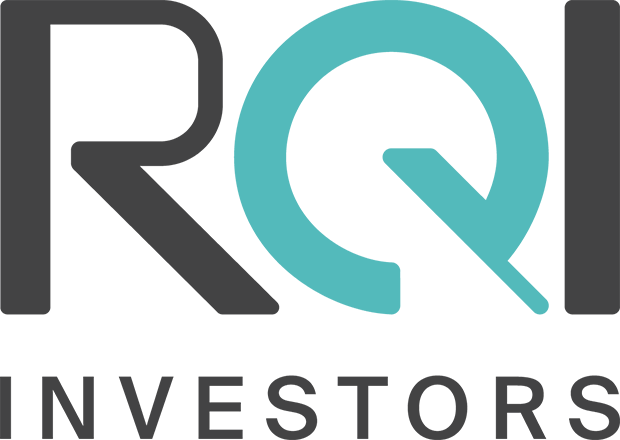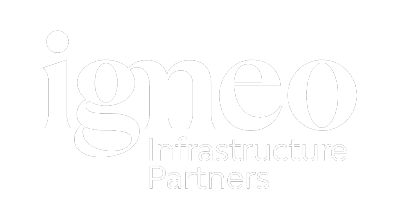Showing 1 to 38 of 38 results.
End of Year Review
The pandemic has accelerated certain long-term shifts in consumer behaviour, such as using more online orders for everything from clothing to food. The latest battleground appears to be groceries, but the disrupter emerged from a not-so-new technology — WeChat groups.
The pandemic has accelerated certain long-term shifts in consumer behaviour, such as using more online orders for everything from clothing to food. The latest battleground appears to be groceries, but the disrupter emerged from a not-so-new technology — WeChat groups.
End of Year Review
End of Year Review
End of Year Review
This has been an unprecedented time which continues to evolve from a markets and Covid-19 perspective. Please tune in to a panel discussion with FSSA’s lead portfolio managers: Alistair Thompson, Director; Martin Lau, Managing Partner andVinay Agarwal, Director.
Once again, 2021 was a year full of surprises and challenges, with ongoing Covid disruptions and China turning from a global outperformer to underperformer. The Chinese government’s policy crackdowns, especially in the internet, education and property sectors, were sudden and dramatic.
Check the latest First Sentier Investors fund price and fund performance, keep track of funds performance and trends to help investment selections.
China made headlines for watering down coal reduction targets during COP261, but we think the criticism is unfair. The nation’s own targets set by President Xi Jinping last year — for peak emissions before 2030 and carbon neutrality by 2060 — are still ambitious and noteworthy considering China’s faster economic growth compared to developed countries.
What are your thoughts on the increasing regulation risk of investing in China? Firstly, regulations are nothing new — it has always been a part of the investment equation. If we look at Hong Kong or Singapore for example, the government would introduce new regulations on the property market from time to time; and in China, the government has introduced a number of new regulations for banks and insurance companies over the years.
Given its size and influence, China remains a key investment destination despite ongoing trade disputes and diplomatic tensions with the US and Australia. With a GDP equivalent to around 70% of the United States, many global portfolios continue to feature Chinese equities.
The 19th National Congress of the Communist Party, arguably the most important and widely anticipated event in China’s political diary, took place in mid-October.
2021 will be a year of recovery. This is not surprising given last year’s economic downturn. If vaccines are being rolled out gradually during the year, we believe the economy will recover, especially those sectors that have been hit hard like travel. Hong Kong’s travel sector declined by 99.9% last year so there really isn’t much room left to decline.
The China equity market includes a myriad of share classes, each with distinct characteristics. ‘Offshore’ Chinese equities are listed on overseas stock exchanges such as New York and Hong Kong and denominated in foreign currencies, while ‘onshore’ Chinese equities are listed on the Shanghai and Shenzhen Stock Exchanges and denominated in RMB.
Each year around the Lunar New Year, factories in China switch off production and close up shop for the Spring Festival period. Factory workers who had left their rural hometowns in search of better wages in cities travel home en masse for the celebrations. With three billion trips expected to be made over the period, this annual migration is said to be the largest concentration of people movement in the world.
It has been 40 years since Mr Deng Xiaoping embarked on his ambitious market-based reform program and began to open up China’s economy. Since then, China has been transformed; while there have been stops and starts on the way, China was one of the fastest-growing countries in the world over the past four decades, averaging 10% growth a year.
The China equity market includes a myriad of share classes, each with distinct characteristics. ‘Offshore’ Chinese equities are listed on overseas stock exchanges such as New York and Hong Kong and denominated in foreign currencies, while ‘onshore’ Chinese equities are listed on the Shanghai and Shenzhen Stock Exchanges and denominated in RMB.
While the pandemic is still far from over, a number of key leading indicators point to a healthy and broad-based recovery in China. Industrial production, trade activity and retail sales have been strong; and in stark contrast to the lockdowns and travel restrictions in early 2020, domestic travel, tourism and the leisure sectors in China have sprung back to life.
In order to fully understand why Kaisa defaulted on its bonds, we first need to get a good grasp on the deleveraging policy called the three red lines. Following years of debt-fueled growth in the property sector during which home prices surged six-fold over the past 15 years, the Chinese government decided to rein in excessive credit took on by property developers to avoid Japan’s mistake in the 1990s, which eventually led to long-term damage to growth.
FSSA Investment Managers, Asia-Pacific, Asian equities
Trade tensions have continued to rattle the market, as negotiations between China and the US remain mired in strife. The bilateral trade account and the extent of China’s willingness to open up its domestic market are among the primary areas of contention, along with accusations of forced technology transfers and lack of protection on intellectual property rights.
In our last client update, written through the depths of Covid-despair, we observed that real life and the world of markets are seldom so intimately entwined. With markets swinging violently to the downside on a riptide of fear, it was clear even then that activity was being driven by short-term anxiety rather than a real evaluation of Asia’s longer-term value-accretion prospects.
In almost every meeting that we have with management teams, we will ask about incentivisation. In our view, it is an important question and the answer can be highly revealing about an organisation’s culture and behaviour.
As with global automotive manufacturers, several Indian automotive original equipment manufacturers (OEMs) including Maruti Suzuki, Mahindra & Mahindra (M&M), Tata Motors and Eicher Motors have recently announced that the shortage of semiconductor supply has impacted their production schedules. This has added to the persistent challenges faced by the industry over the last few years.
Since our last update, global markets have not been short of action and the manic behaviour characterising today’s markets has taken investors on another rollercoaster ride. While not quite comparable to the market movements seen during the dark days of March 2020, the recent correction — especially in China-related companies — has been notable. Yet, from a market perspective, a sense of normality is finally starting to emerge after the more speculative phases over the past 12-18 months.
Modern life seems characterised by extremes, with division and discord the defining features. But, we are living in revolutionary times. Sweeping technological change impacts everything, everywhere. It is an age of accelerated disruption.
This is the third investor letter for the FSSA Global Emerging Markets Focus Strategy since its launch in November 2017. In this letter, we will discuss our investment approach, process, strategy, positioning, and other matters we think are relevant to investors. As always, should you have any questions or feedback, we would appreciate hearing from you.
All of us have been brutally confronted by a new reality in the last few months. It has certainly been crude, with financial markets swinging around on a riptide of greed and fear, as we the participants have vacillated between elation and despair. It is not surprising. Life and the world of markets are seldom so intimately entwined.
Though Covid hasn’t yet finished with us, the markets have finished with Covid. In real life, there is still plenty of misery to go around, but things have seldom been better for investors. Optimism has served us well, as the money printing presses have rolled to counter the “unprecedented” threat. In investment, perhaps it is better to be a stupid optimist than a clever pessimist. And, markets do indeed go up most of the time.
In 2020, one group of companies has done particularly well – the popular digital technology companies focused on e-commerce, delivery and entertainment, to name a few industries. In emerging markets, they dominate the Chinese market; but they can also be found in Korea, Southeast Asia, Eastern Europe and Latin America. We do not own many of these in the strategy; and as such, we are often asked: What holds us back? After all, they have performed well and – at least on paper – should have the prerequisite to generate strong returns and free cash flow, given their often high gross margins, negative working capital profiles and asset light nature. While we are not disputing the potential for this in the future, we would argue for cautiousness on most of these projections.
Although financial types everywhere seem to believe that things are absolutely dire, world-ending and the sky is about to fall on our heads, most of humanity have better lives now than in all of history. That is certainly so in the developed world. Prosperity, in our time, has yet again been underwritten by those clever technocrats at the world’s central banks.
In September 2023, I met more than 30 global listed infrastructure companies and stakeholders from the UK, Europe and China. The following travel diary summarises my impressions and findings from these meetings.
It was John Templeton who famously skewered that old bull market hubris: “It’s different this time,” as the four most expensive words in the history of investment.
This letter forms the first in a series designed to introduce and explain our approach to sustainability, and the lessons learned so far. We hope that these reflections, drawing on the team’s combined experience, will provide a useful insight.
2024 was a good year for global listed infrastructure. Strong earnings for energy midstream and a step-change in the earnings growth outlook for utilities helped the asset class to shrug off rising bond yields and political uncertainty.
2024 was a year marked by global inflation and economic growth concerns against a backdrop of worldwide elections. As we head into 2025, volatility will remain an enduring constant.
Global listed infrastructure underperformed in 2023 owing to rising interest rates and a shift away from defensive assets. Relative valuations are now at compelling levels. Infrastructure assets are expected to see earnings growth in 2024 and beyond, aided by structural growth drivers.
Get the right experience for you
Your location :  Switzerland
Switzerland
Australia & NZ
-
 Australia
Australia -
 New Zealand
New Zealand
Asia
-
 Hong Kong (English)
Hong Kong (English) -
 Hong Kong (Chinese)
Hong Kong (Chinese) -
 Singapore
Singapore -
 Japan
Japan


























 United Kingdom
United Kingdom 